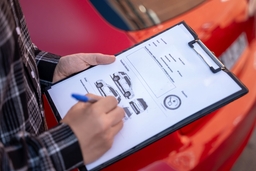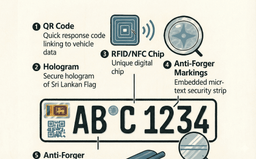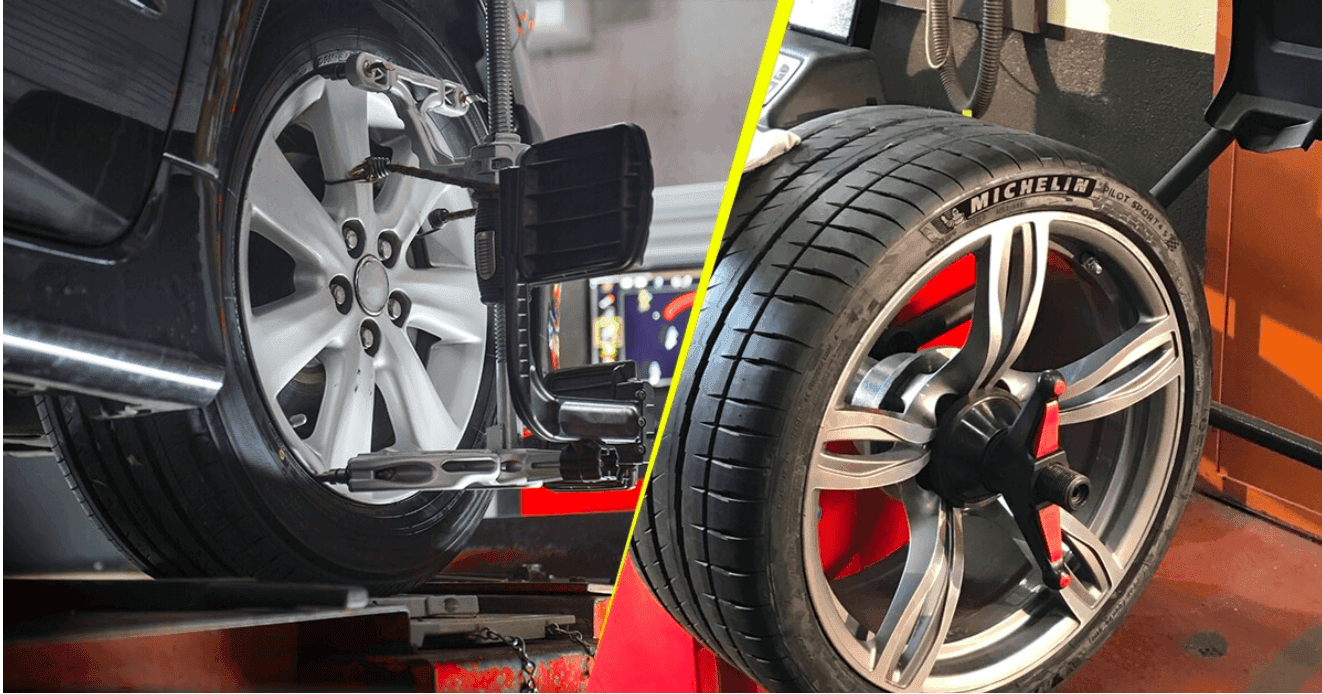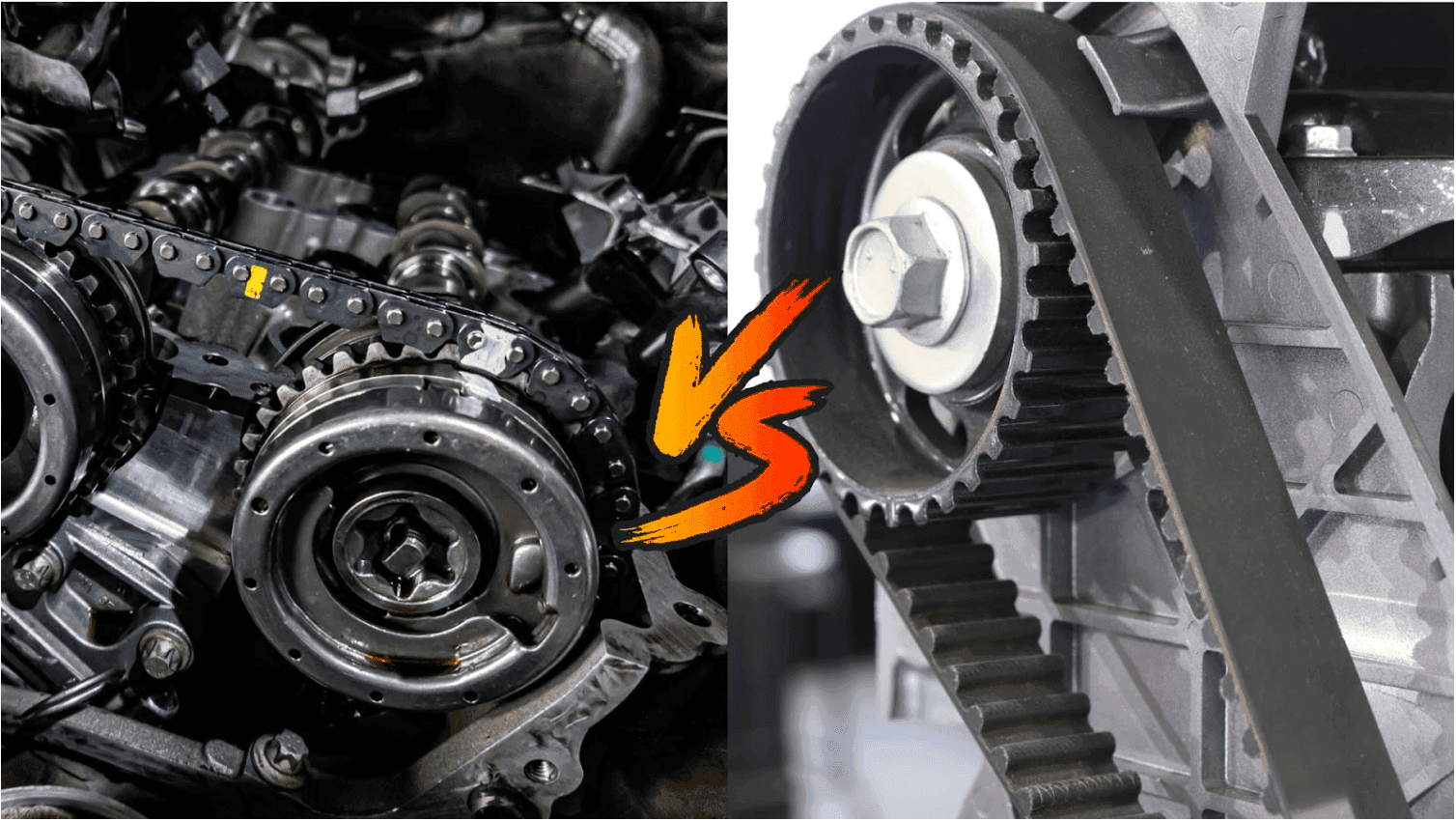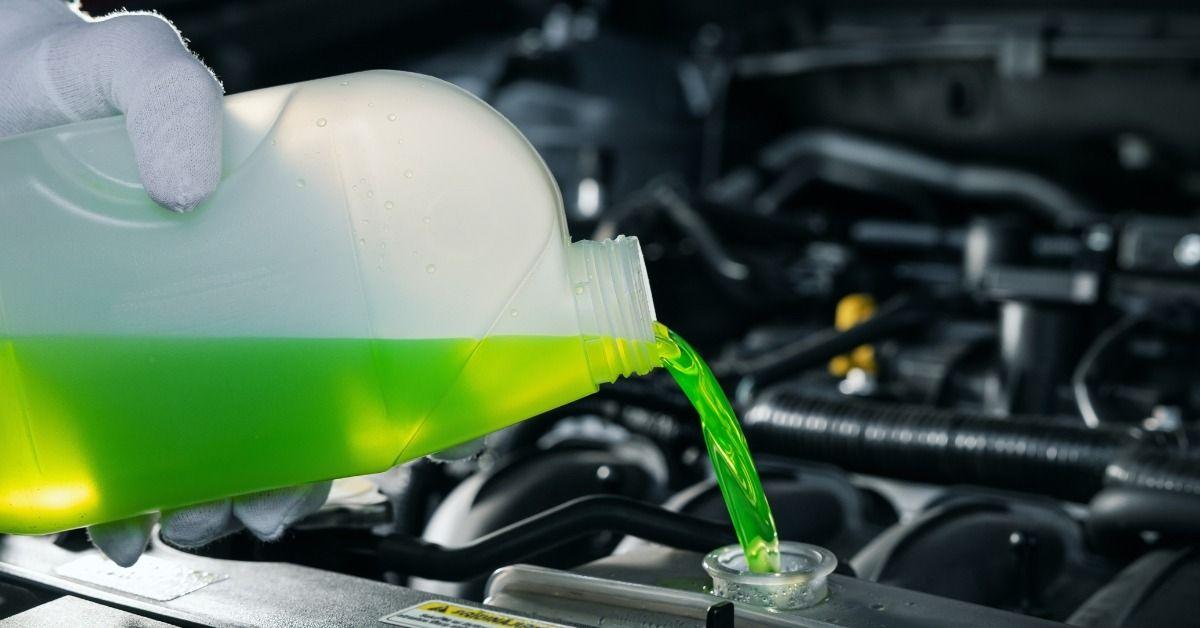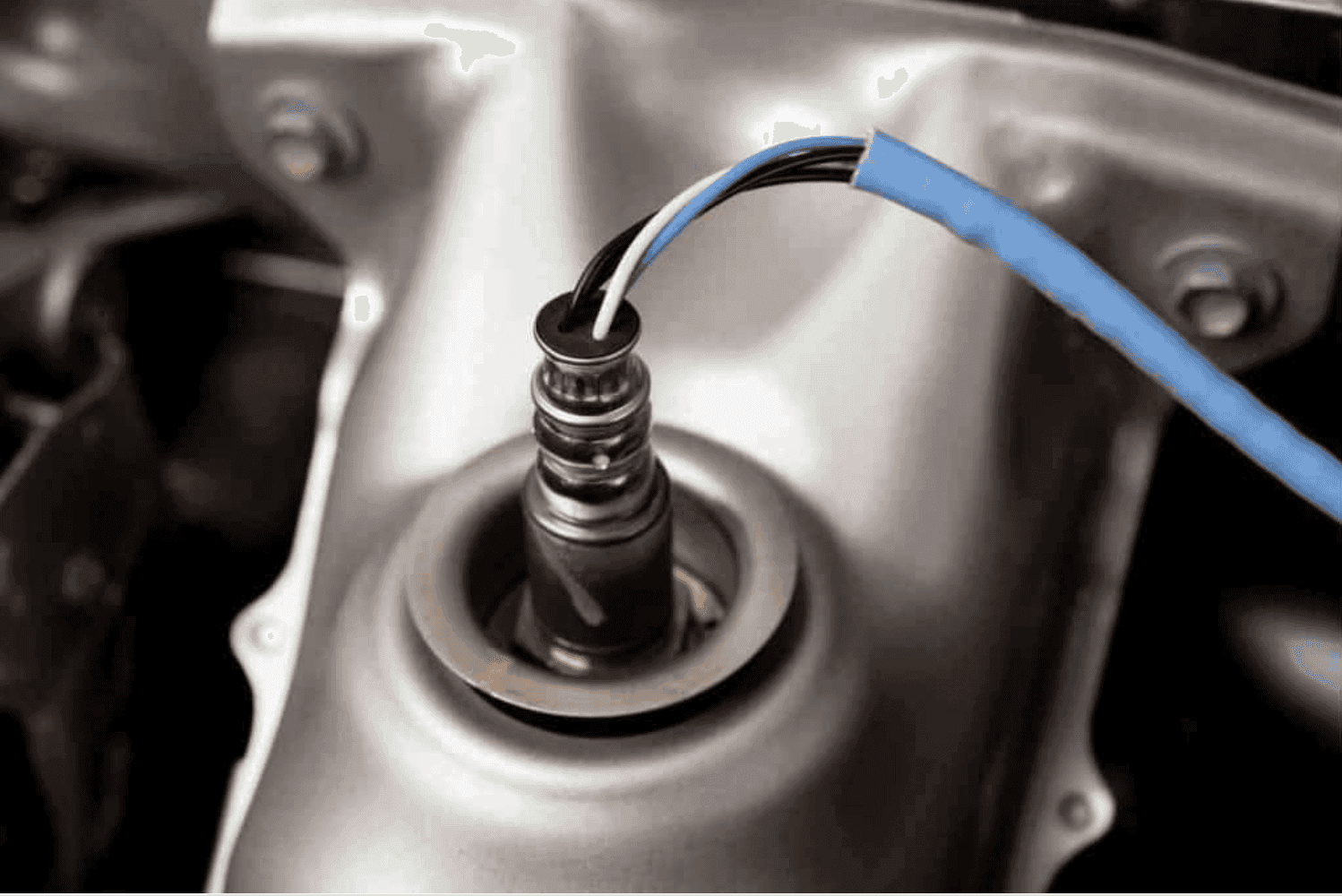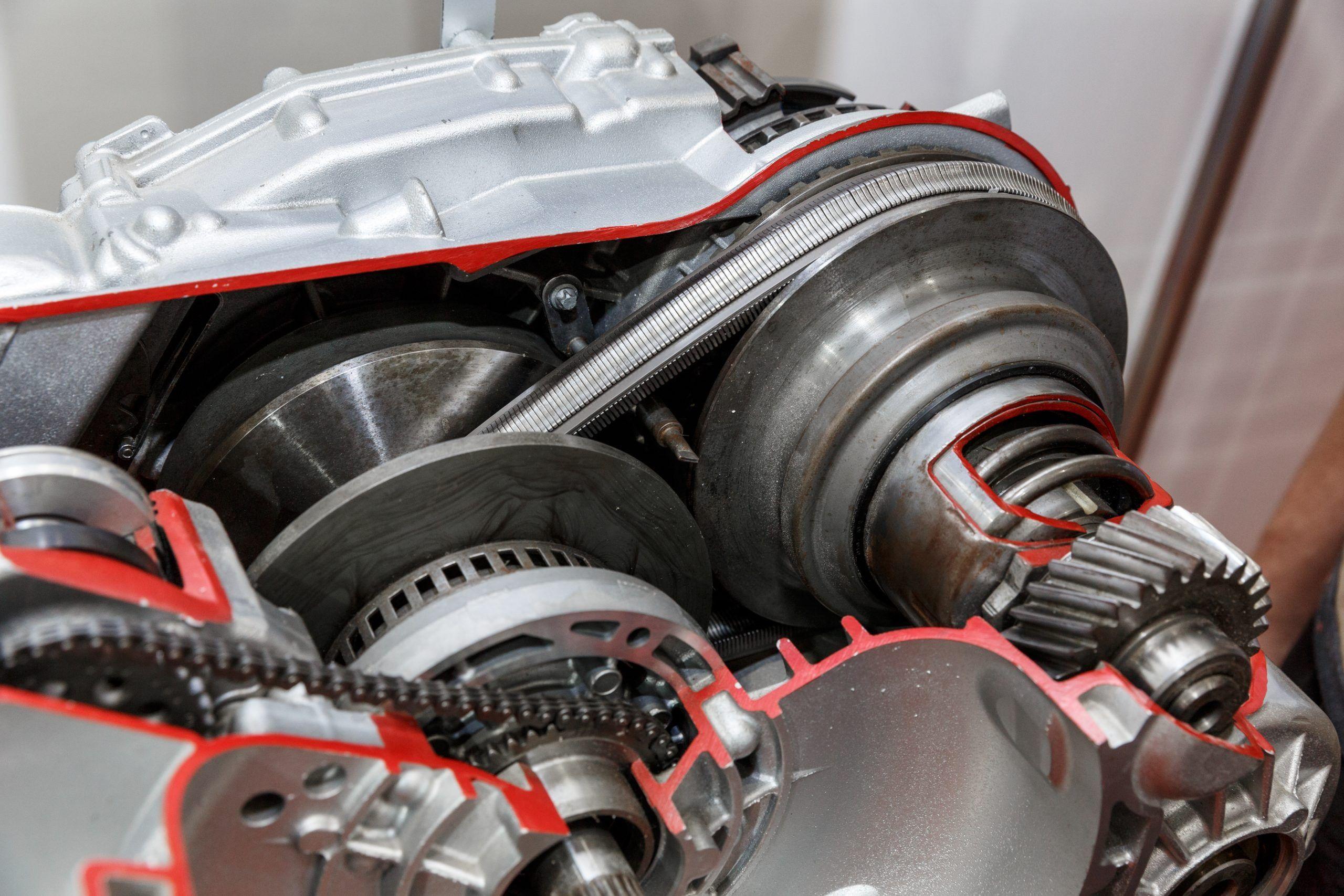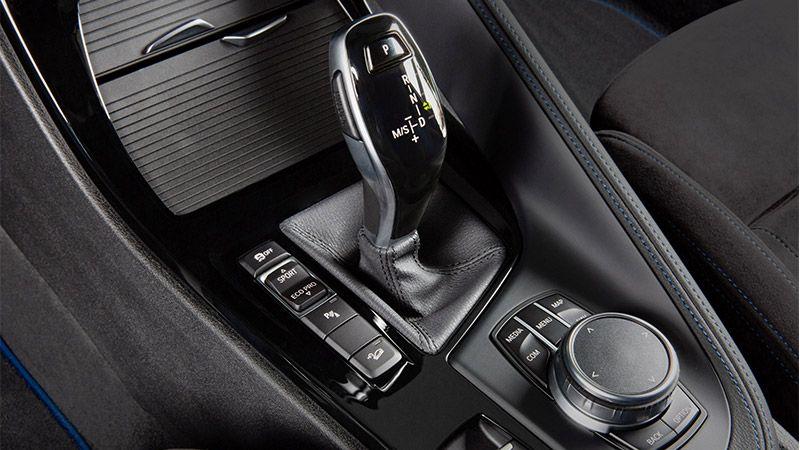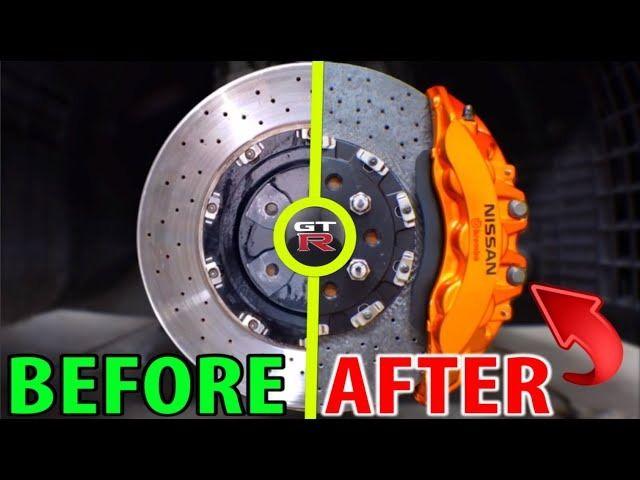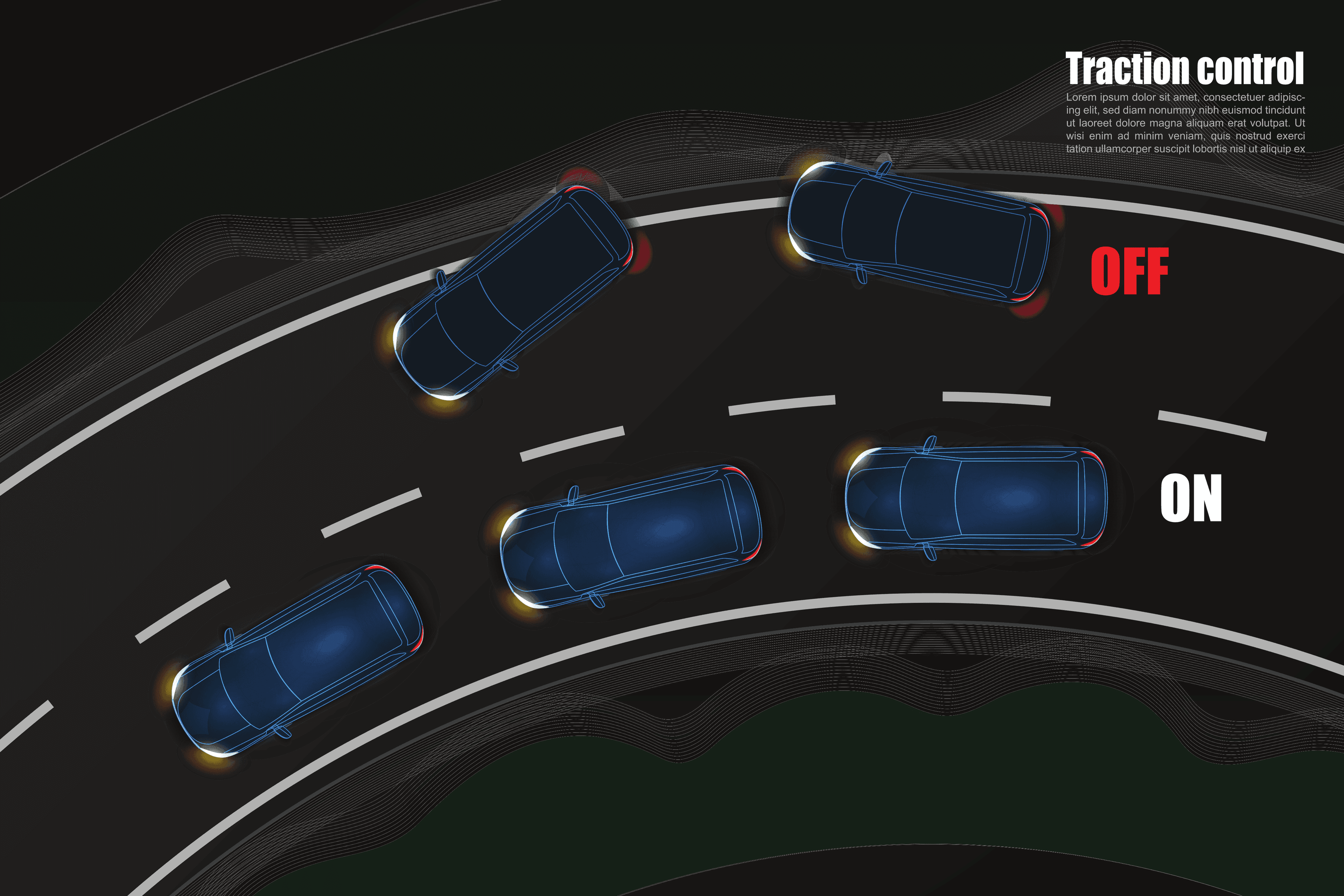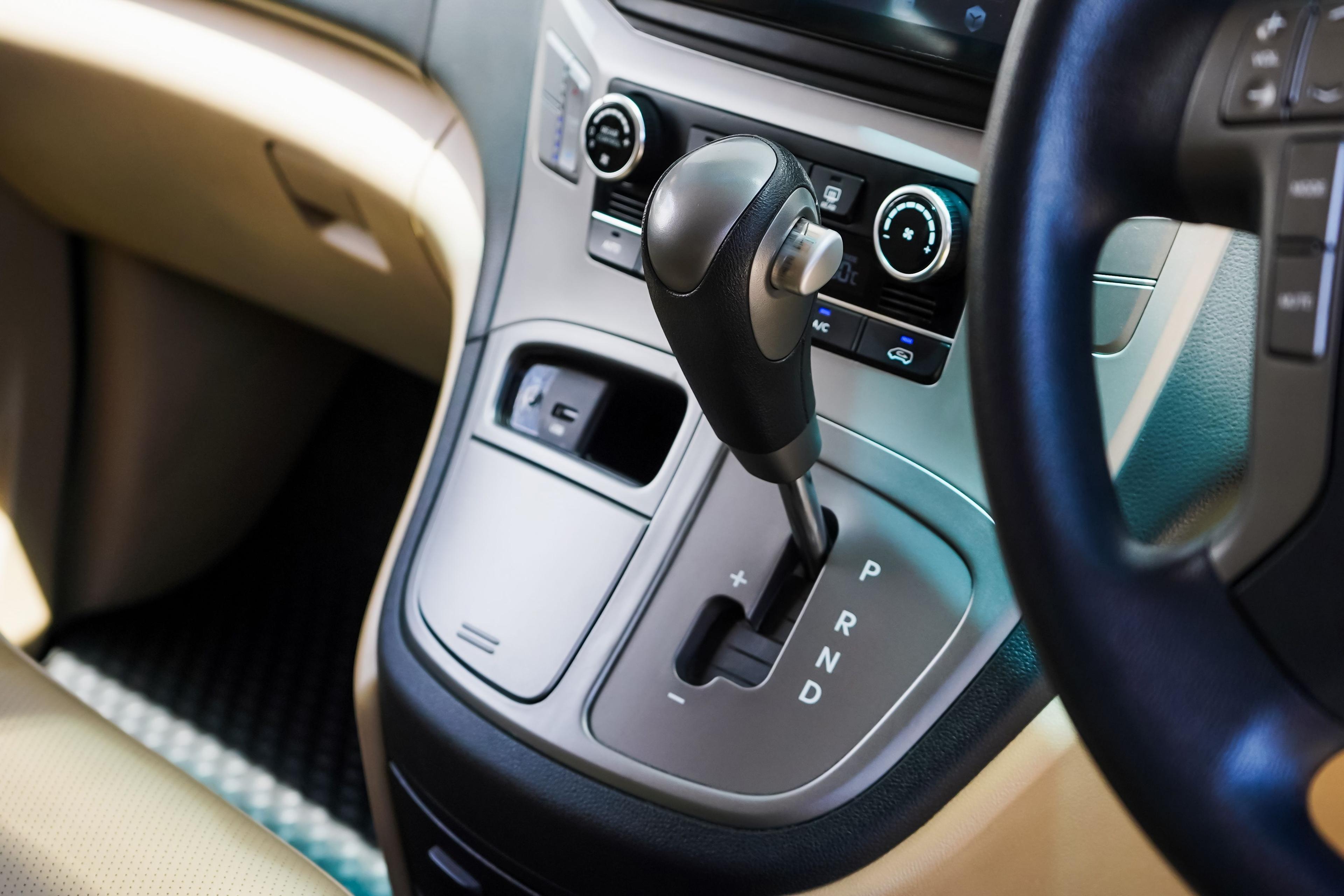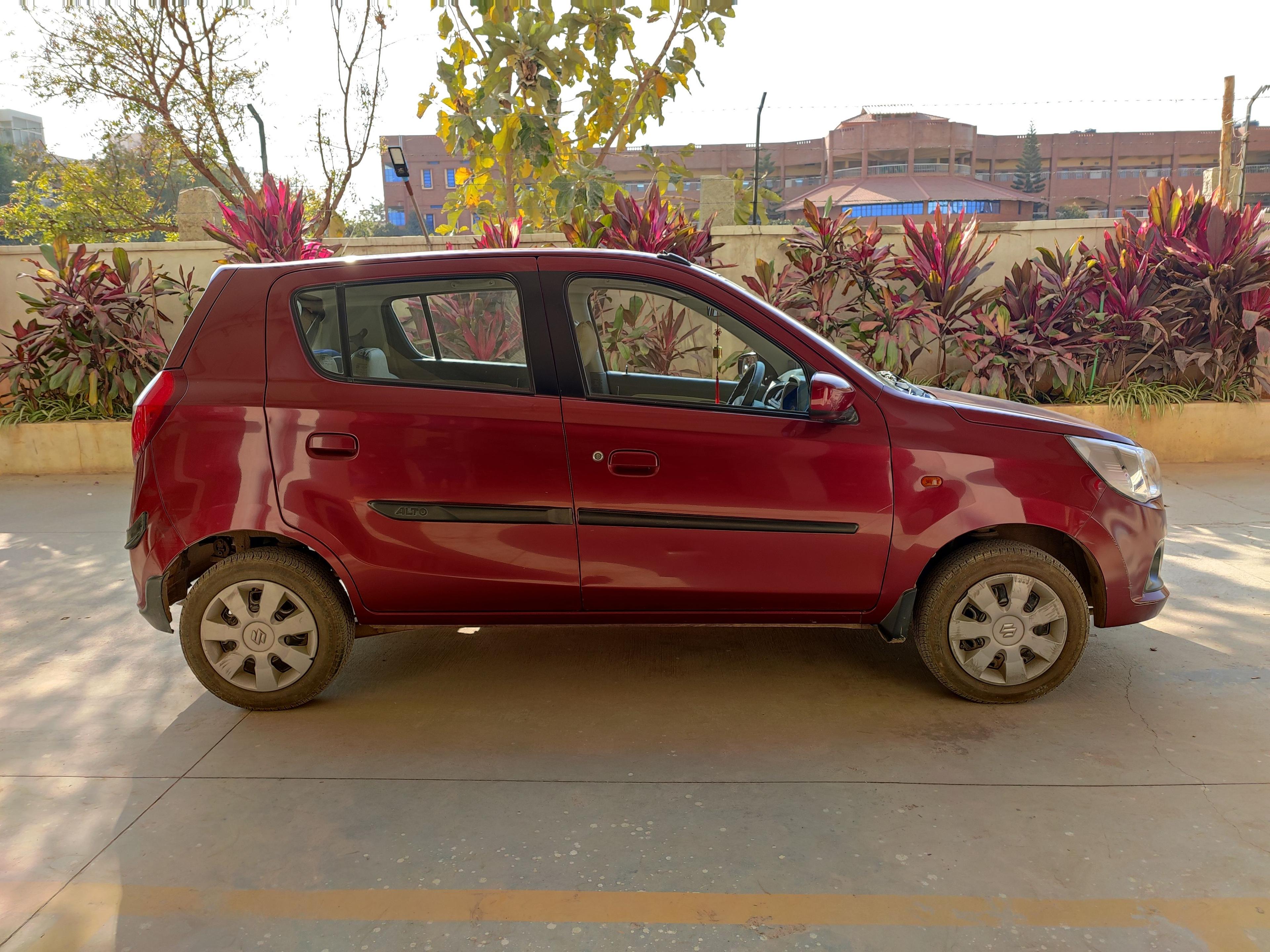What is the Lubrication System?
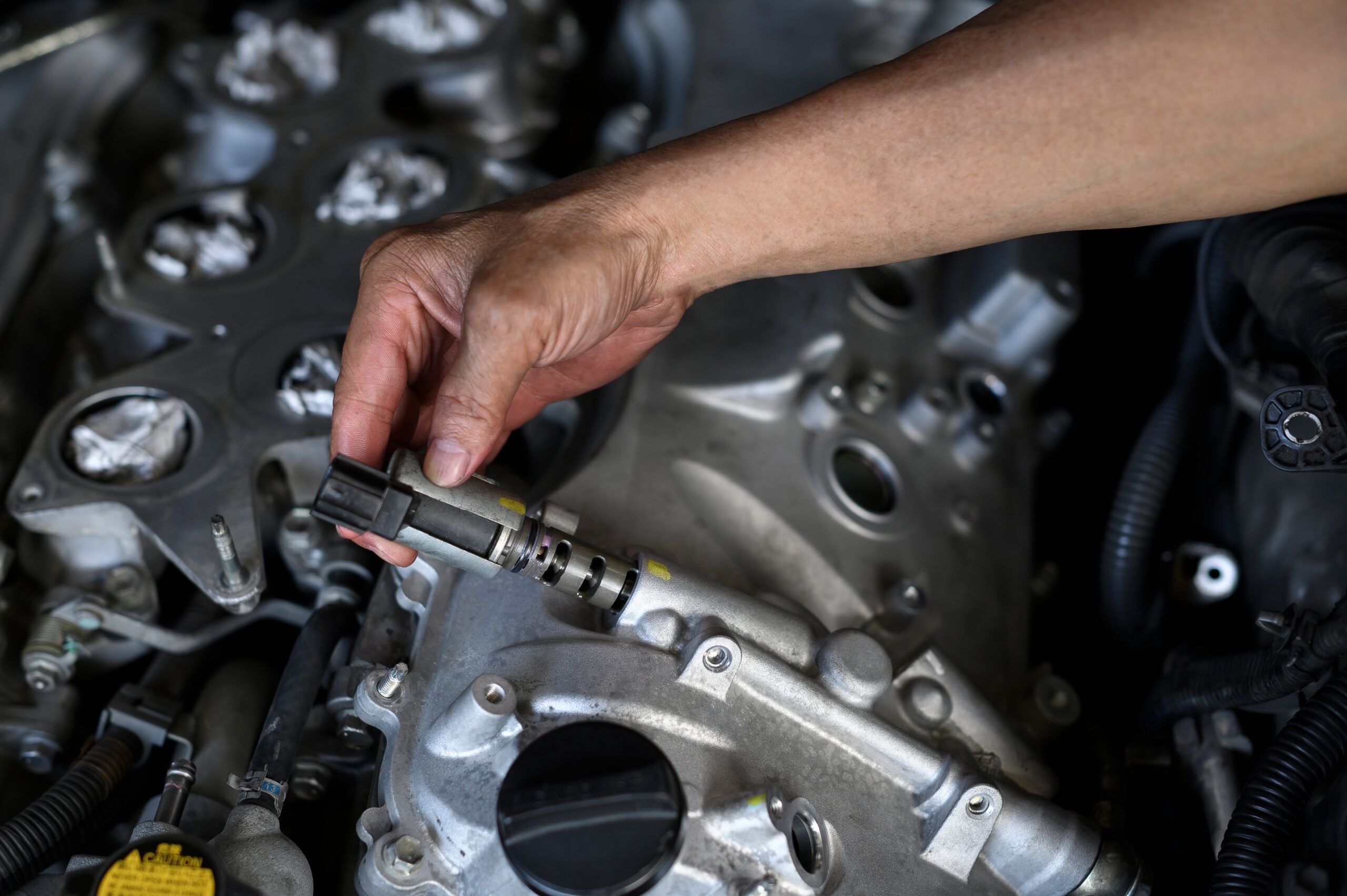
Inside the engine, metal parts like bearings, pistons, and crankshafts rub against each other. This creates friction, which can damage the engine over time. The lubrication system provides a thin film of oil between these moving parts, reducing direct contact and minimizing wear.
Main Functions of the Lubrication System
The lubrication system does more than just reduce friction. Its key functions include:
- Reducing friction between moving parts
- Removing some of the heat generated by the engine
- Carrying away worn particles and impurities
- Acting as a shock absorber for excessive vibrations
Functions of Engine Oil
Engine oil is the lifeblood of the lubrication system, and it performs several critical tasks:
- Cooling support: Absorbs engine heat and assists the cooling system.
- Shock absorption: Reduces engine vibration and stress on parts.
- Cleaning: Dissolves and carries away carbon, metal particles, and combustion residue to the oil filter.
- Corrosion protection: Prevents rust and damage to engine components.
Types of Lubrication Oil
- SAE (Society of Automotive Engineers): Classifies oil by viscosity.
- API (American Petroleum Institute): Classifies oil by quality standards.
Components of the Lubrication System
- Oil sump
- Oil strainer
- Oil pump
- Oil filter
- Oil cooler
How Oil Circulates in an Engine
The oil stored in the sump is drawn through a strainer by the oil pump. From there, it passes through the oil filter and cooler before entering the oil galleries. The oil then travels to key engine parts such as the crankshaft, bearings, connecting rods, pistons, and camshaft.
Along the way, oil is splashed onto cylinder walls, absorbed into the piston to remove heat, and delivered to the valve train for smooth operation. Eventually, the oil carries heat and impurities back to the sump, where the cycle begins again.
The lubrication system plays a vital role in protecting your engine and keeping it running smoothly. Without timely maintenance—such as regular oil changes and filter replacements—your vehicle can quickly develop costly problems.
At MotorGuide, we believe understanding these basics helps every driver take better care of their vehicle. Regular attention to your lubrication system will not only extend your engine’s life but also ensure a safer, smoother driving experience.

